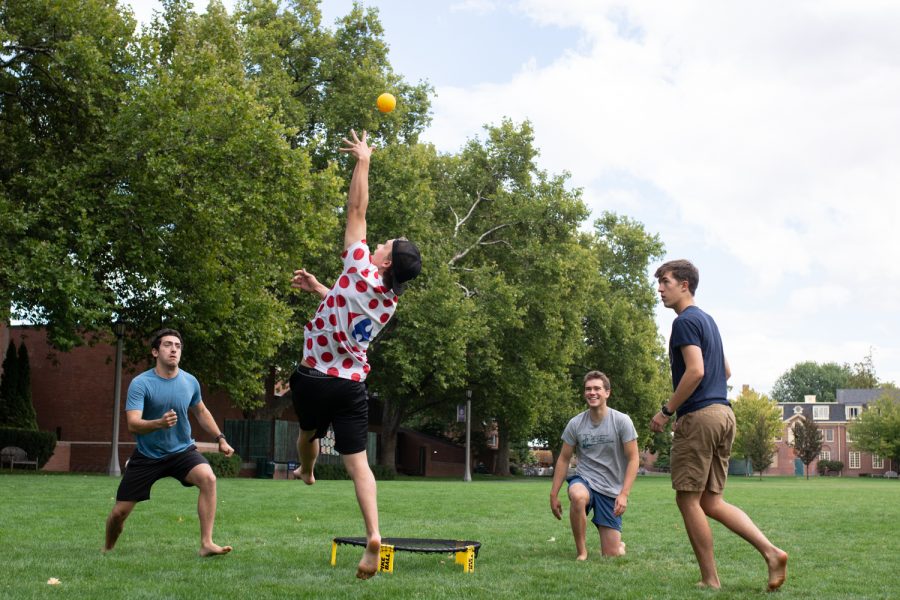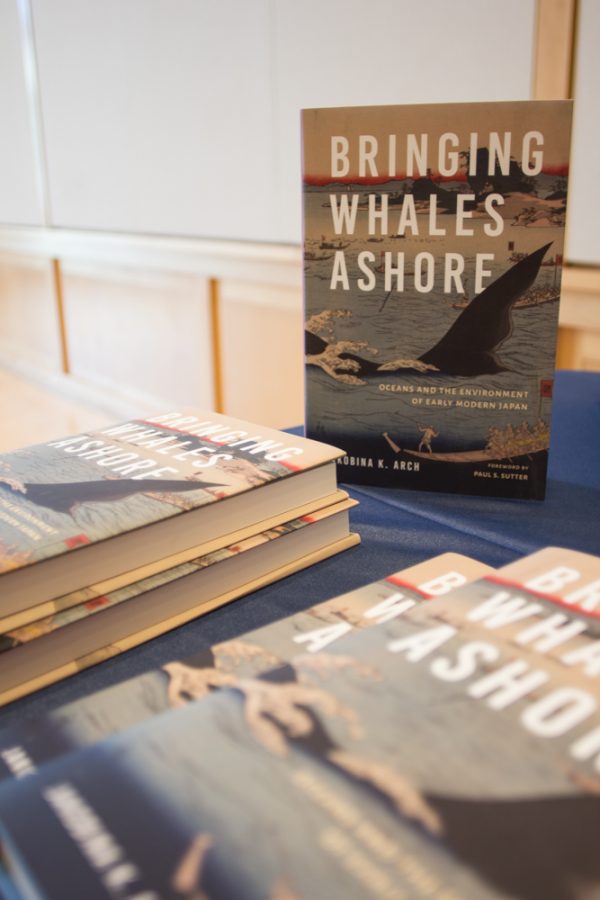
Salam Aleikum, Whitman!

Since the past week that I’ve been here, I’ve come to know Rabatis as some of the most hospitable people I’ve met. I say this despite the mild harassment that all women endure on the street here, as well as the disapproval I sometimes receive when I’m out running.
More than a couple of times, I’ve tried to ask for directions, and upon encountering difficulty when trying to communicate in a mixture of French, English, and the local Darija Arabic, they should simply walk up to ten minutes out of their way to take me to where I wanted to go. When an ATM ate one of my cards the second day I was here, three different people made sure I was able to get the card back and calmed me down when I was stressed.
I’ve been with my host family for two nights now. My host parents are named Mohamed and Fatema, but people refer to them as hejj and hejja since they’ve completed the pilgrimage to Mecca. My host brother, Amine, is hilarious. He calls me “Princesse” because of the Star Wars movies (and because I think he has difficulties pronouncing my name). Soukaina is my host sister, and is warm and slightly eccentric. Her eyes lit up when I told me that I’d make chocolate chip cookies.
I’ve observed some differences between Amine and Soukaina. While she wears a hijab and jellaba in public, he always wears a more western outfit, with even a couple of the top buttons of his shirt unbuttoned. While she is engaged in an arranged marriage, he has shown me pictures of himself partying in Marrakech and Turkey with scantily-clad women. I’ve noticed that he tries to keep this side of him hidden from his mother, but I suspect that she knows what he does.
These differences underline many of the behavioral differences between the younger men and women in Rabat that I’ve seen. Women tend to dress and act more modestly in public, while the men have no problem with showing some skin, especially at the beach. Additionally, any of the harassment you see on the streets will be directed from the men to the women, unsurprisingly enough. Women tend to ignore this and not engage, but Farah, one of the teachers at my center, told everyone a hilarious story about how she jokingly once responded positively to a lewd comment, and it threw the guy completely off. Anyways, a lot of this stems from the historical separation of the genders. It used to be that while men ruled the public sphere, women reigned over the house. In fact, the man of the house needed permission from a female member of the family to go anywhere besides his bedroom. Women rarely went out, though. For illustration, Farah said her grandmother could count the number of times she had walked out of the house. This separation began to change with the French colonization in 1912. When they left in 1956, the appearance of women on the street still continued. To paraphrase Farah, women are now invading the world of men without a passport, wording that appealed to me because it sort of related to migration; not migration in the typical sense, but in more of a cultural sense. Sort of.

As a result of this, women are more concerned with maintaining their honor. The word hchuma means “shame,” and that’s something you definitely don’t want someone to say to you. Men, however, never have to worry about this word being thrown at them. But since we, as women, are newcomers to the streets, Moroccans believe that this double standard of behavior is acceptable.
The importance maintaining honor and avoiding shame, though, has provided me with food for thought. While I’ve never really been overly offended by catcalls or mild harassment in the past (and at times was even flattered if the guy was cute himself), I’ve also never thought much about honor. But it’s something so central here. Women cover themselves up, not because their bodies are shameful, but in order to prevent the shame of men seeing something that should be reserved for the intimacy of the family.
The gender division is something that’s interesting to take in as a Westerner. I have a little bit more information from Farah on the historical context of sexual harassment on the street, if anyone is curious. Just leave a comment, and I’ll respond.
Anyways, until next time, besslama Whitman.
Quick note: if you want to follow me on a more consistent, casual basis, my personal blog can be found here.




